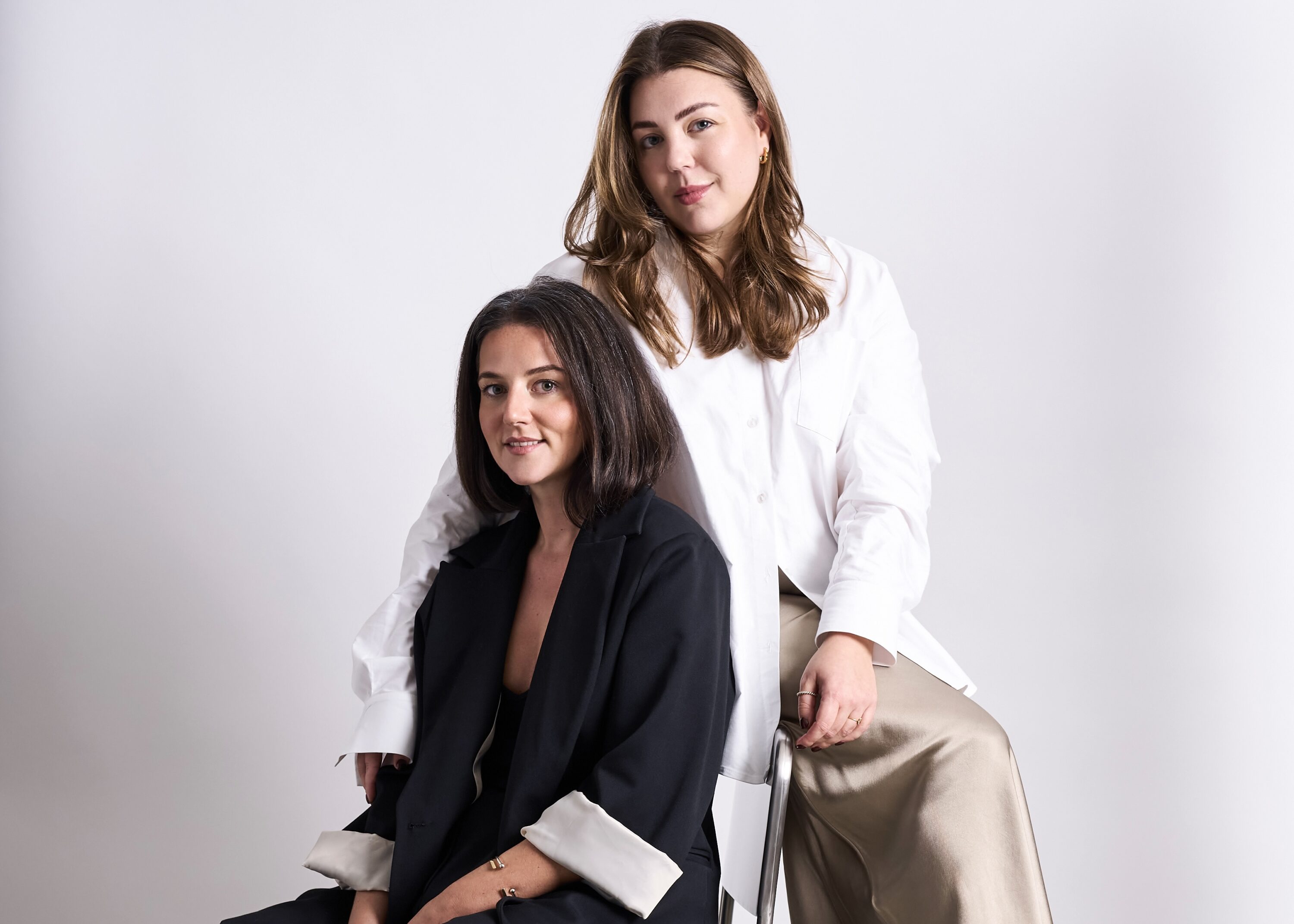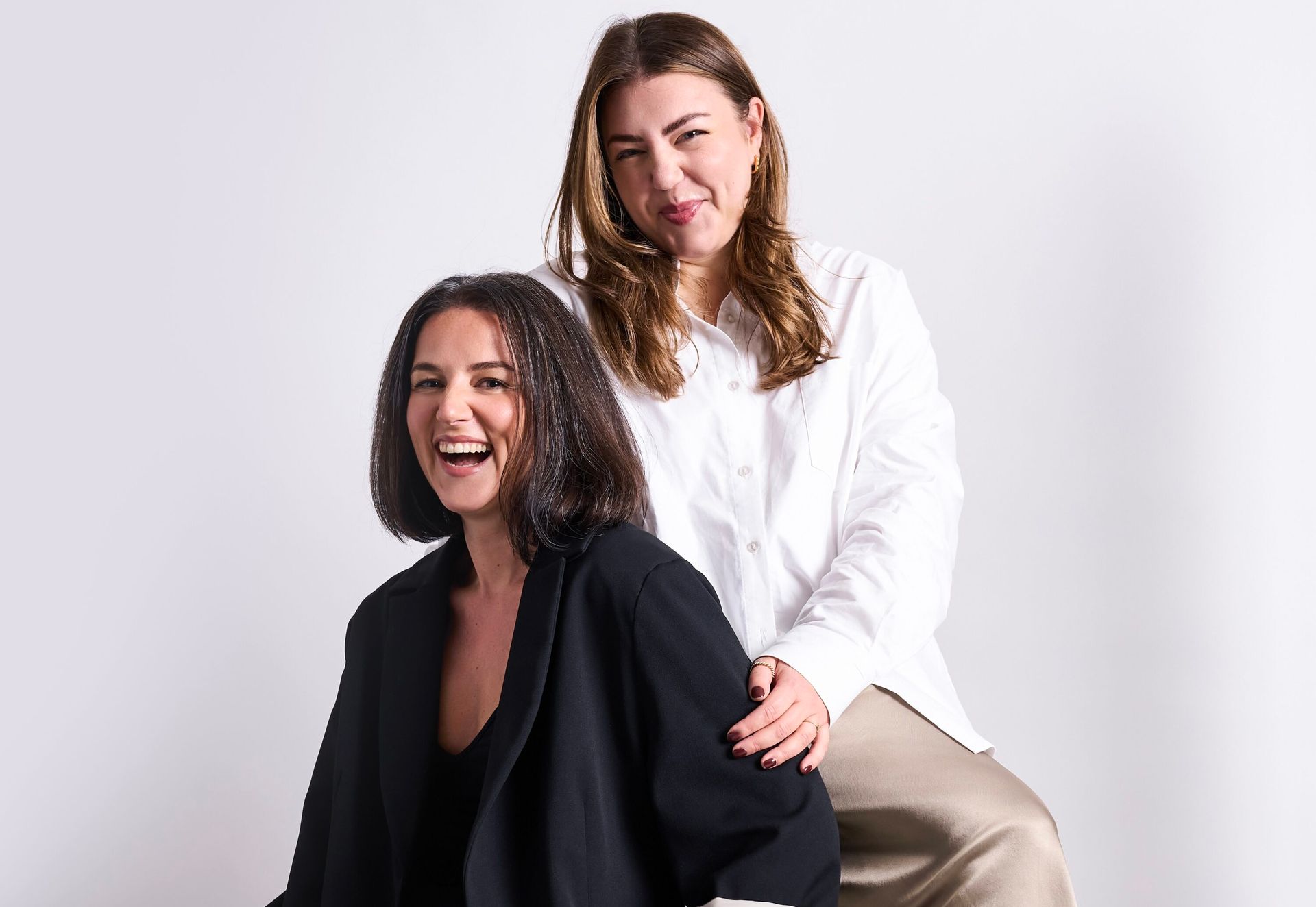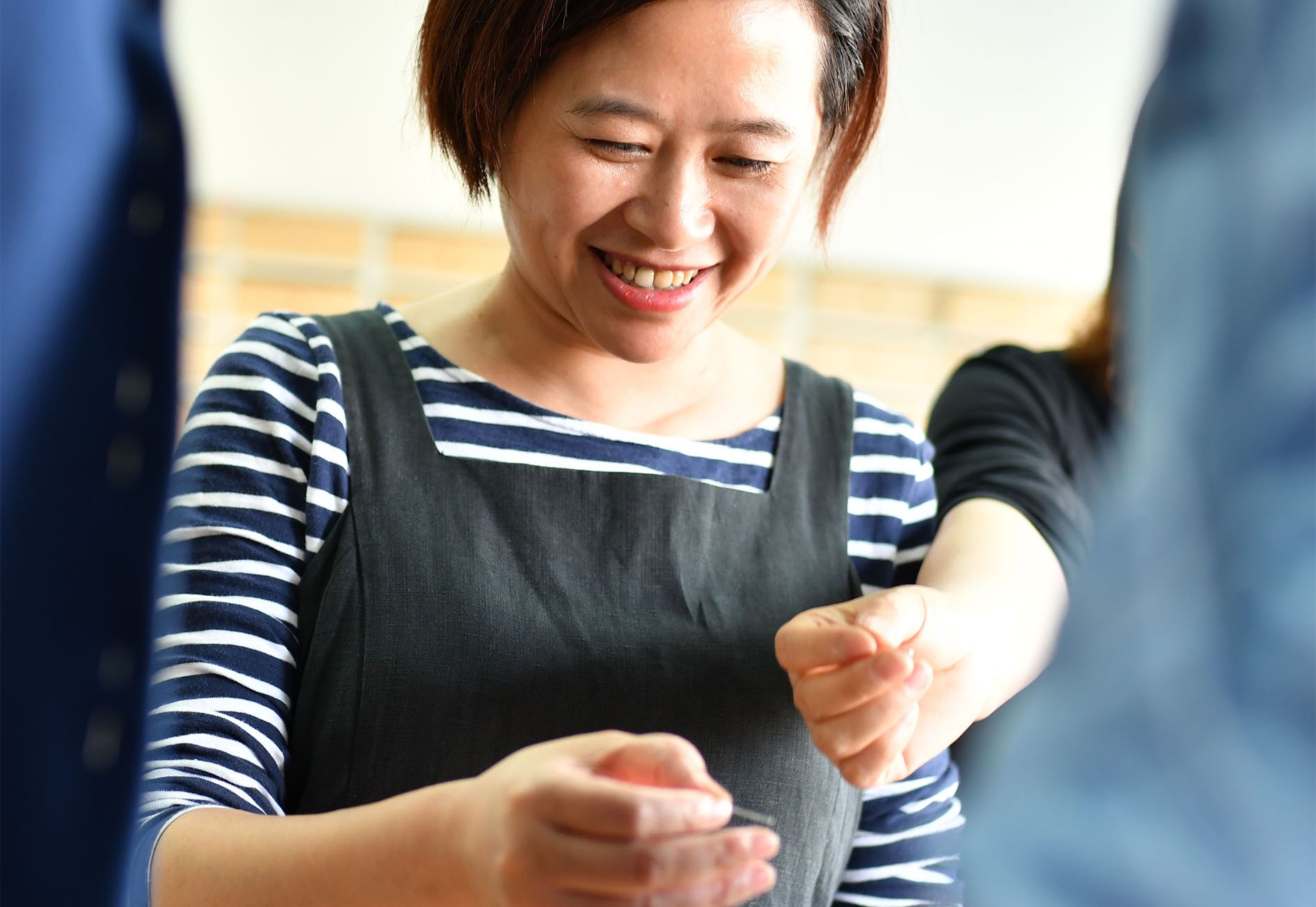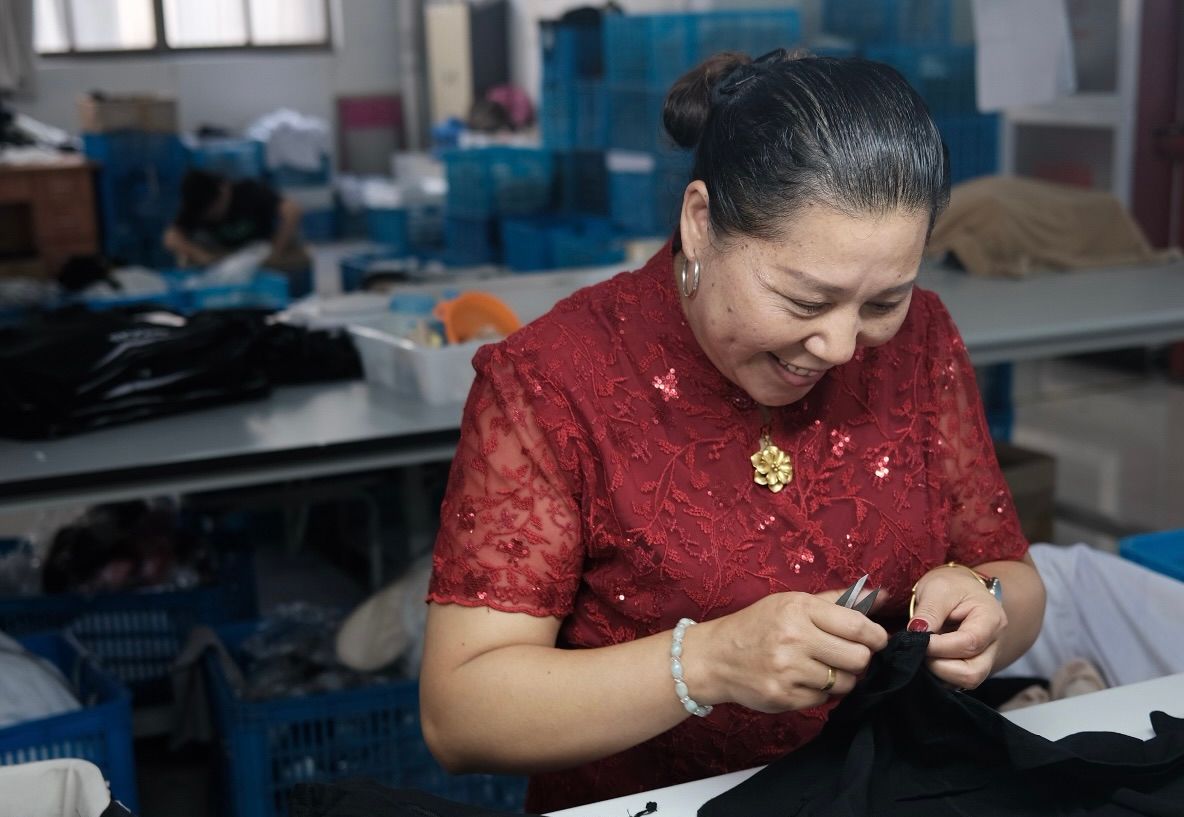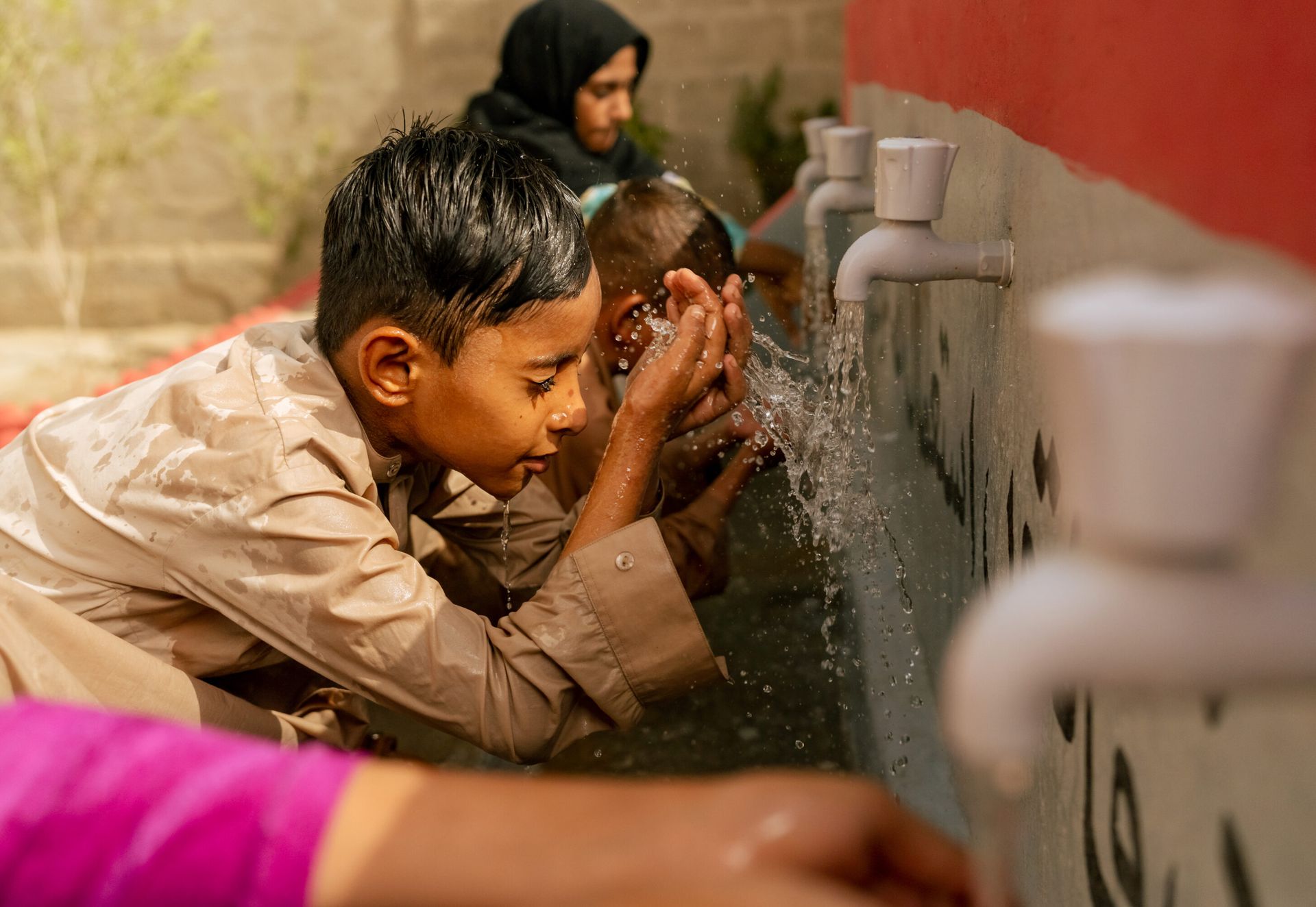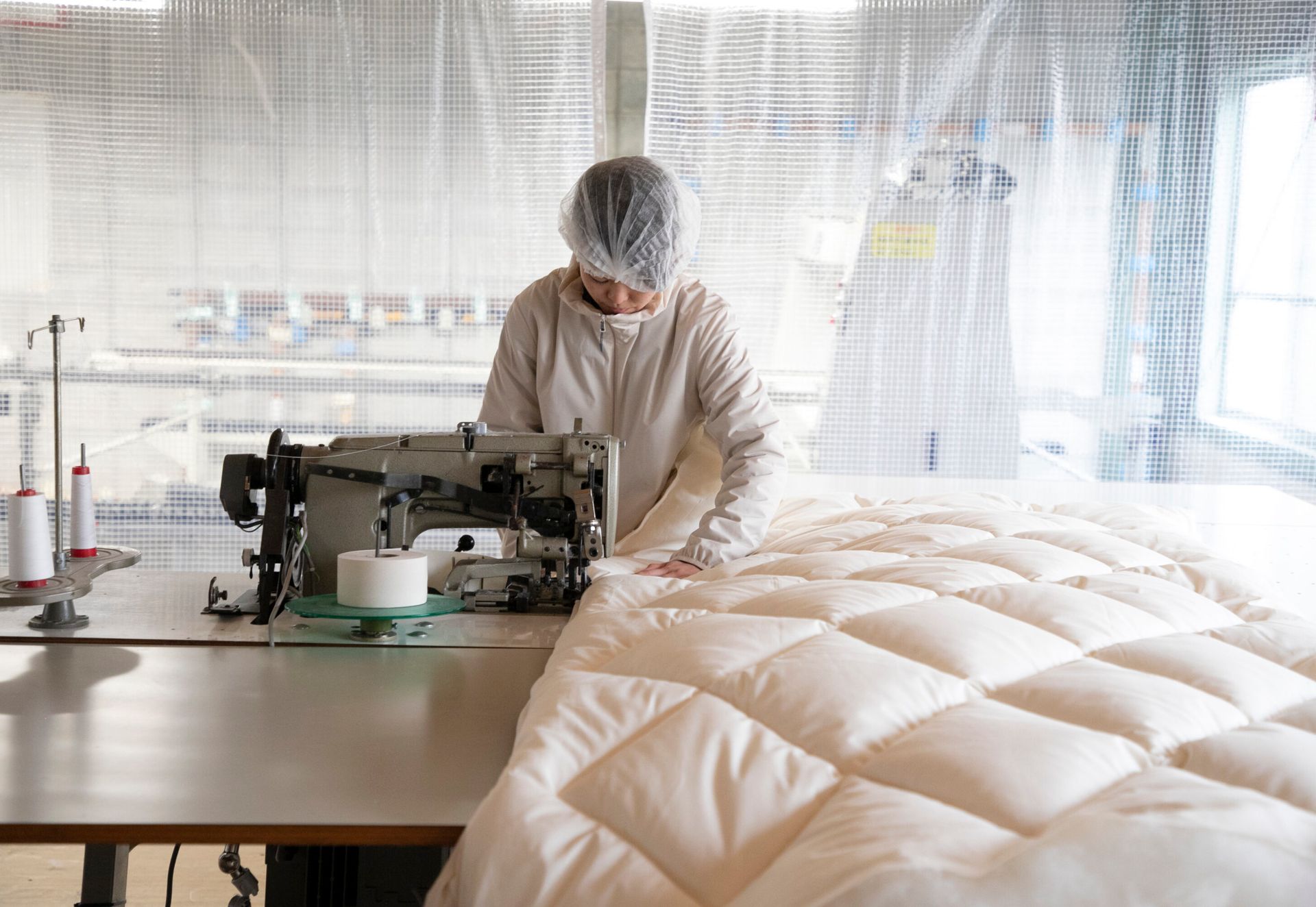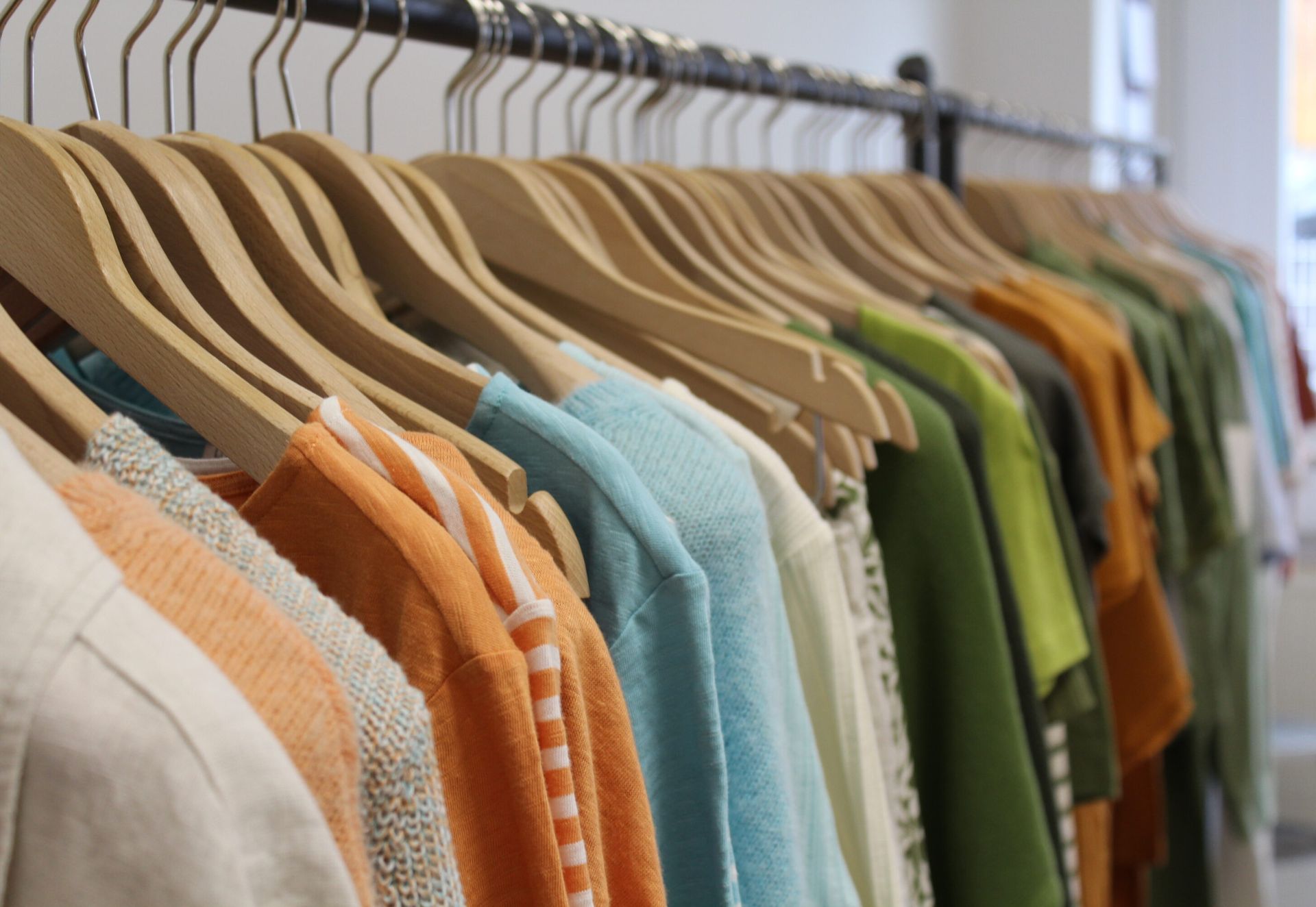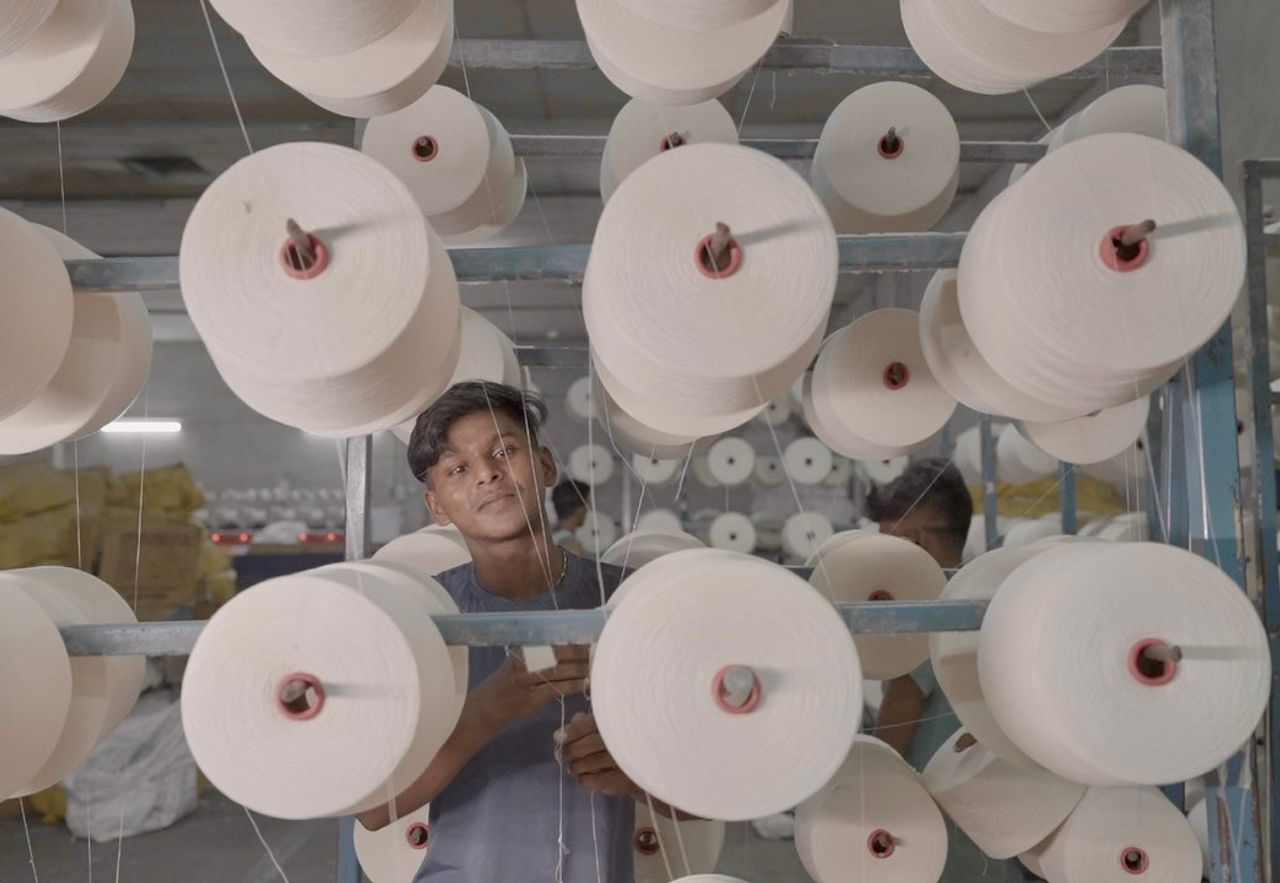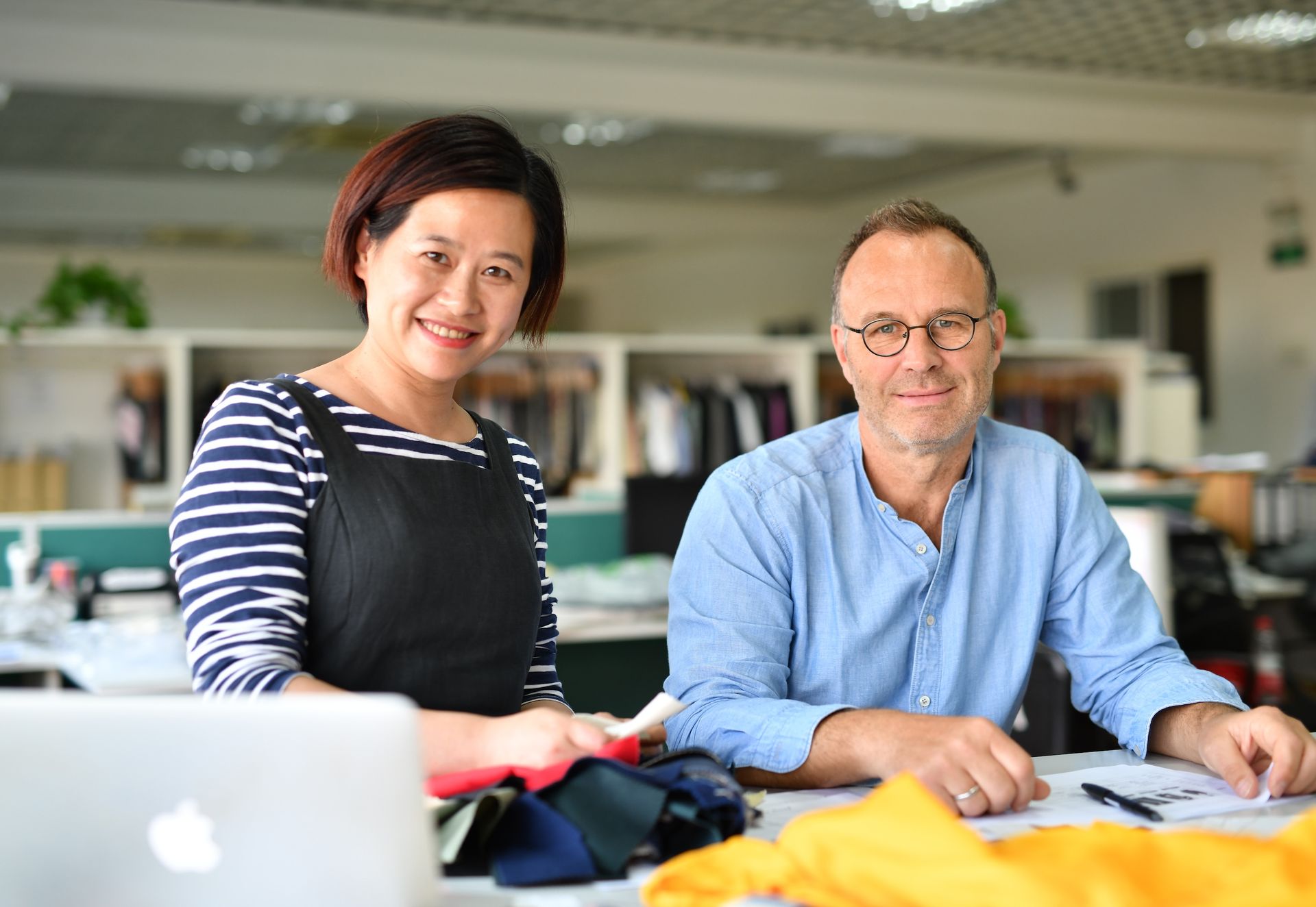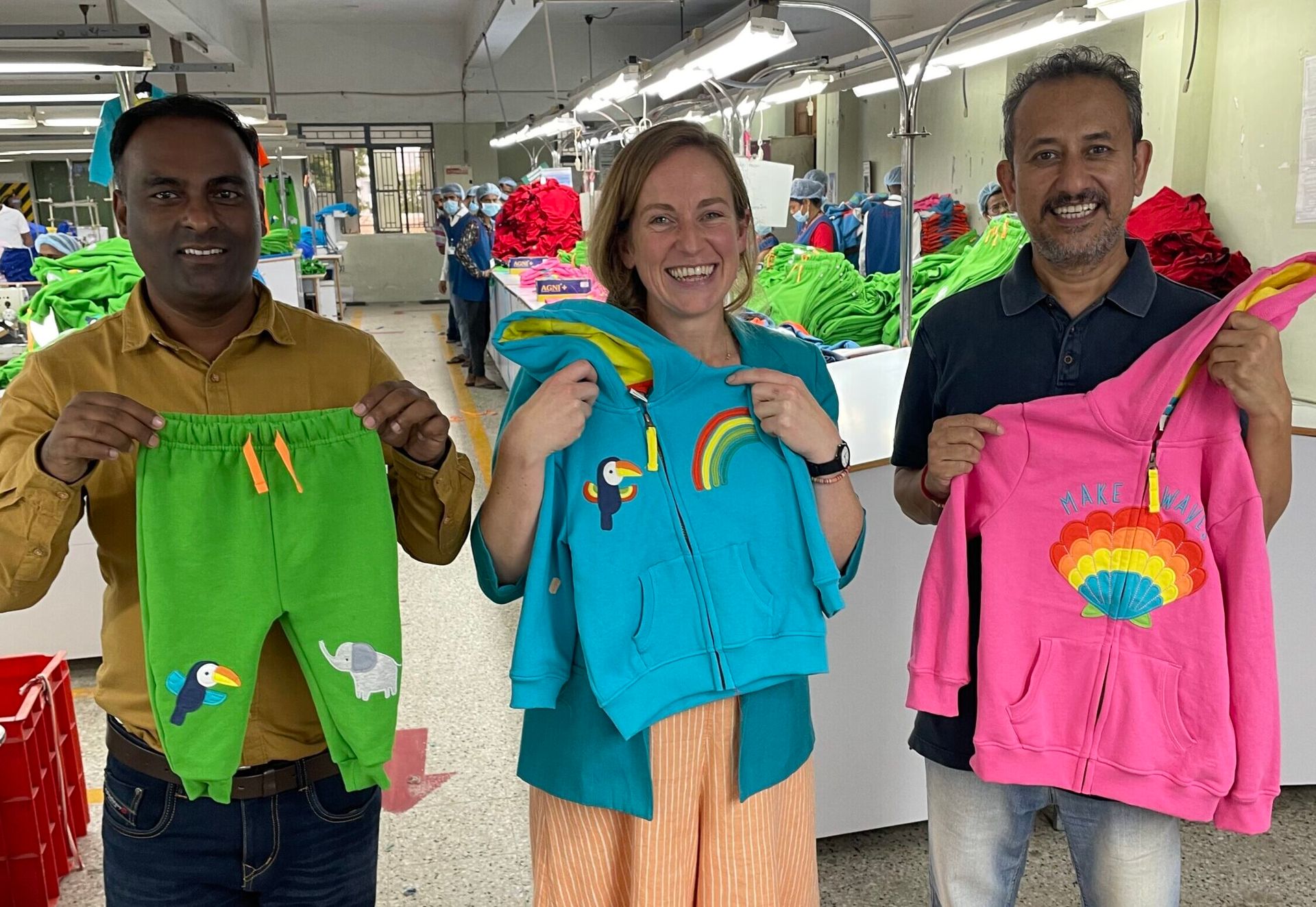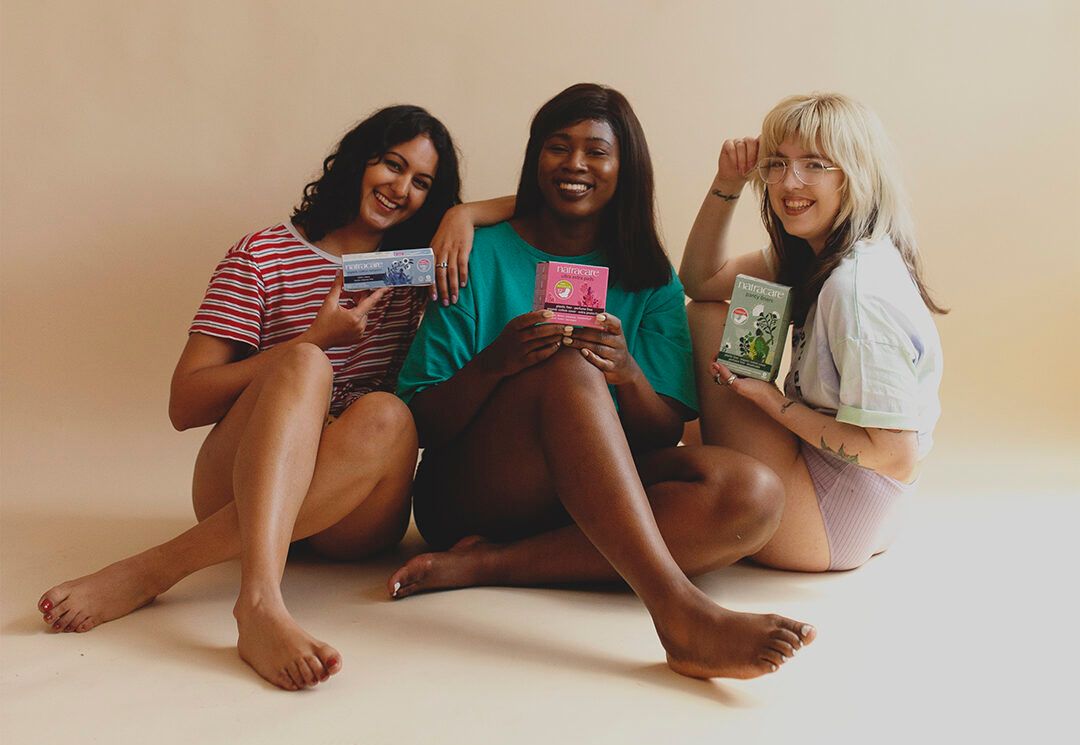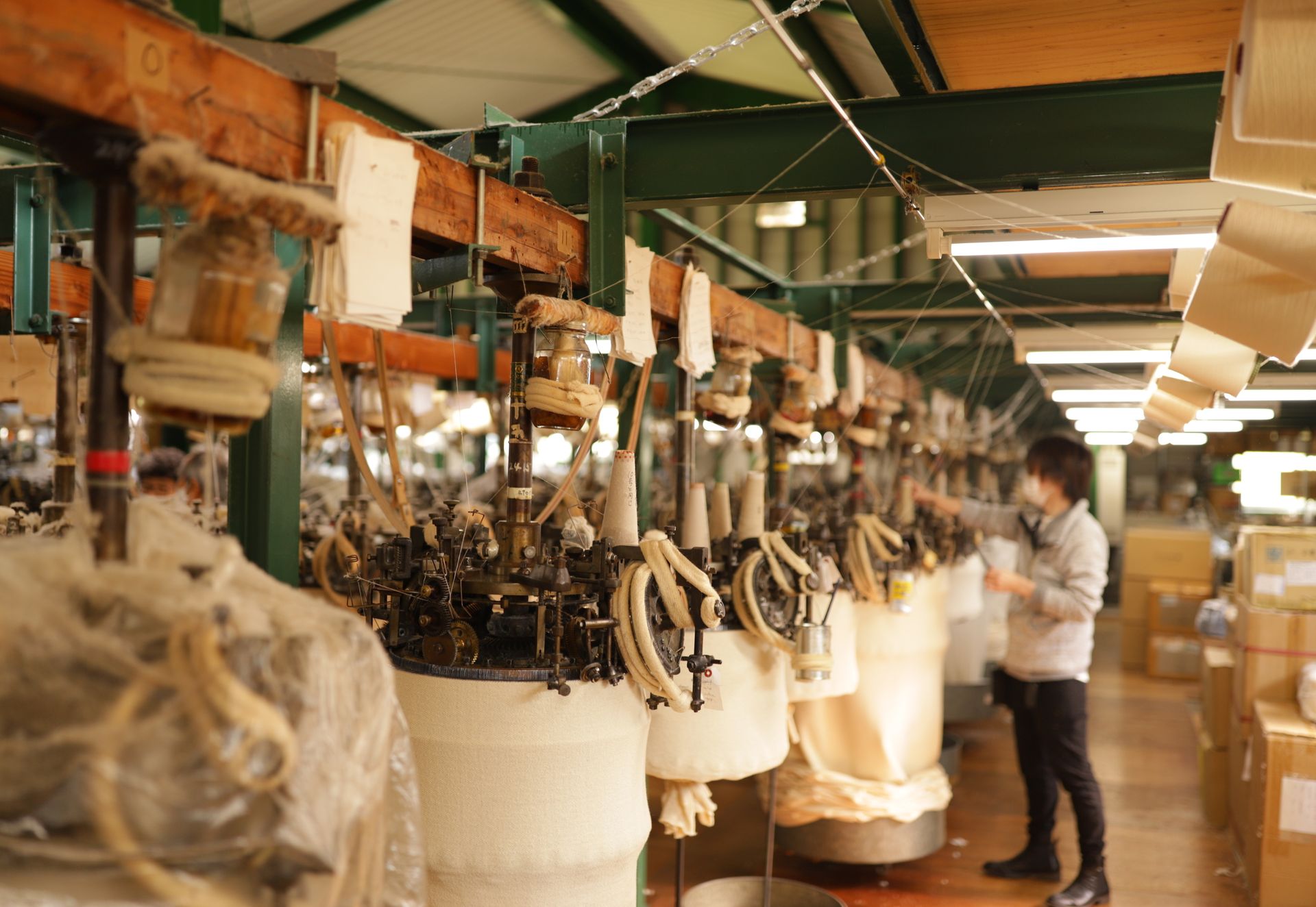Sometimes, sustainability comes at the expense of your style…at least, that’s what many believed when Jula and Anna founded their sustainable fashion brand, JAN ‘N JUNE. More than 10 years later, the Hamburg-based brand has proven that responsible fashion can be just as sleek, modern, and desirable as its conventional counterpart. However, JAN ‘N JUNE isn’t just about aesthetics; it’s about rethinking the fashion industry from the inside out, ensuring that transparency, social responsibility, and empowerment are part of every step along the way.
The two friends have set out to build their brand differently from the very start. As two female founders leading a GOTS-certified brand, they’re redefining sustainable fashion and prioritising responsible working conditions that uplift the workers behind the garments.
In our interview, we sat down with Jula and Anna to discuss their journey as entrepreneurs, the challenges they have faced in a male-dominated industry, and how JAN ‘N JUNE is shaping a more equitable future for fashion. From breaking stereotypes to building a business deeply rooted in passion, dedication, and transparency, their insights offer a powerful perspective on what it takes to make a lasting impact in the textile industry.
Read on as they share their experiences and vision for a future where textile products are beautiful and impactful!

Women have long been at the heart of textile production, but leadership roles are often male-dominated. What inspired you, as two female founders, what inspired you to challenge the status quo and build a sustainable fashion brand?
Anna: When we founded JAN ‘N JUNE, our primary motivation wasn’t necessarily to challenge the status quo as women in the industry—it was to fill a gap we saw in the market. Back then, sustainable yet fashionable clothing didn’t exist in Germany as we envisioned it. We wanted to create a brand that proved sustainability and style could go hand in hand. Only later, as we navigated the industry, did we feel the gender imbalance in leadership roles more and became more aware of the challenges this might bring as women in this field. As female founders, we’ve had to push through specific barriers, but ultimately, our focus has always been on redefining fashion through a sustainable lens—regardless of gender.
Jula: When we started JAN ’N JUNE in our early (and naive) twenties, I don’t think we thought much about the fact that we were female founders. However, I remember feeling some discomfort from potential investors, which made me realise that starting a business as a woman might not be the same experience. This was particularly true for a business that wasn’t easily scalable but focused on sustainability and caring for people in the supply chain.

As two women leading the GOTS-certified fashion brand JAN ‘N JUNE, how do you combine sustainability with a strong sense of style?
Jula: From the beginning, our goal has been to prove that fashion can be both responsible and aesthetically appealing. We accomplish this by utilising high-quality, eco-friendly materials, ensuring ethical production, and designing timeless yet contemporary pieces that fit effortlessly into any wardrobe. We also emphasise transparency, offering our customers insight into our supply chain and production processes. Sustainability doesn’t mean compromising style; it means making conscious choices that align with our values while creating fashion that people enjoy wearing.
Anna: Sustainability should never mean sacrificing style or aesthetics. At JAN ‘N JUNE, we create timeless, minimalist designs that align with our customers’ lifestyles while using responsible materials and ethical production methods. Our core philosophy is rooted in the idea that sustainability is most effective when given and serves as the foundation of beautiful fashion, without finger pointing. We prioritise certified organic fabrics, innovative recycled materials, and (mainly GOTS-certified) fair productions, proving that you do not need to make any fashion sacrifices by choosing a sustainable option.
The textile industry relies on the labour of millions of women, yet they often lack fair wages and safe working conditions. How does JAN ‘N JUNE empower the women behind the clothes?
Anna: Ethical production is at the heart of what we do. We work with carefully selected, certified European factories that ensure safe working conditions and fair wages for all workers, many of whom are women. Transparency is key – we regularly visit our production partners to maintain open, trust-based relationships. Additionally, we rely on the GOTS-Certification to ensure that our supply chain meets the highest environmental and social criteria. GOTS guarantees not only organic materials but also fair labour practices, which helps protect and empower the women behind our clothes. We also support female-led businesses within our supply chain, ensuring that the women who contribute to our collections are treated with the respect and dignity they deserve.
Jula: JAN ’N JUNE is still 100% in our hands, which means we decide where our clothes are made –– choosing fairness over lower prices. We work with factories that ensure fair wages, safe conditions, and ethical labour practices. By maintaining close relationships with our production partners and promoting transparency, we empower the women behind our clothes with stability, dignity, and better opportunities.
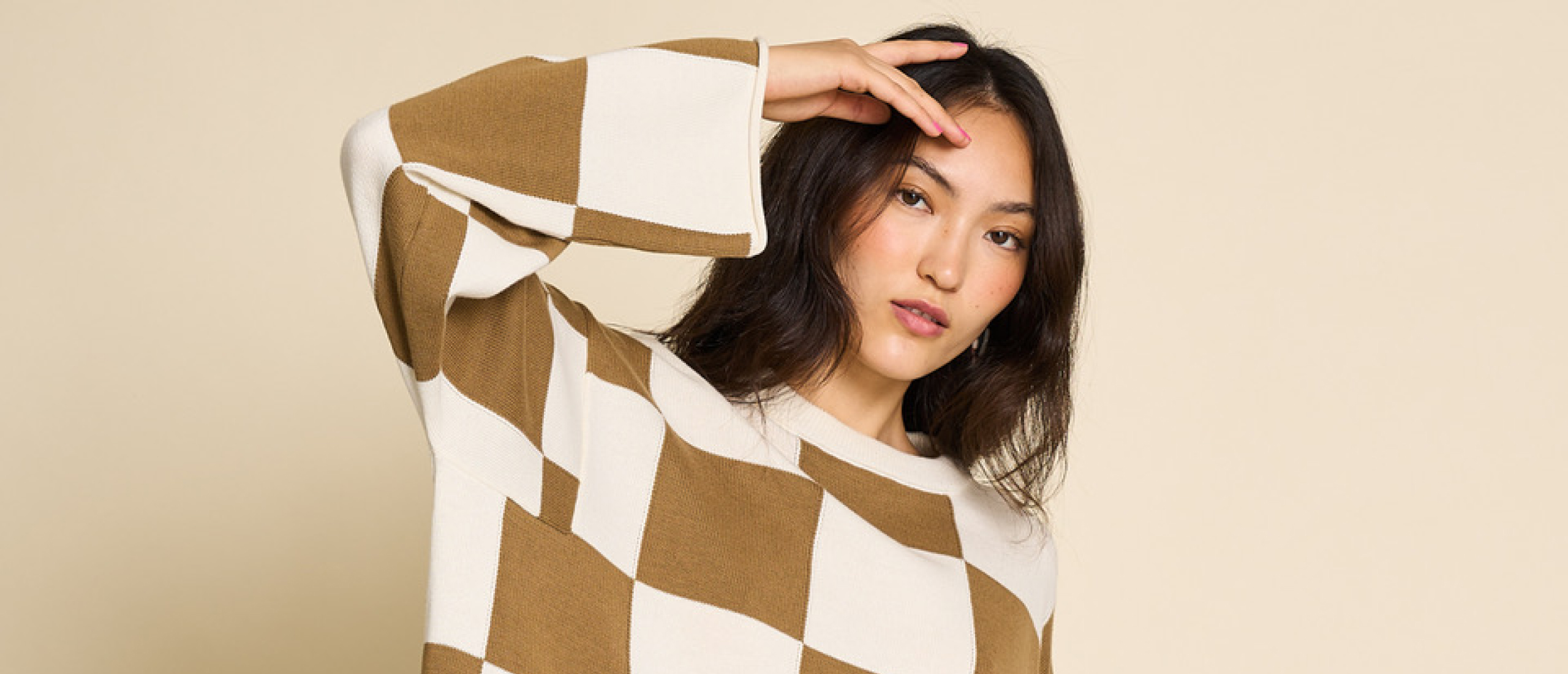
What challenges have you faced as female entrepreneurs in sustainable fashion, and what advice would you give to other women who want to create impact through business?
Jula: We’ve been on the market for over 10 years, so the challenges are endless. But loosing trust in people we put great hope into has always been the hardest. Once, we almost lost all our stock because of a wrong choice in a logistics partner. Advice? Stay true to your values, prioritise and nurture long lasting partnerships, take the right amount of risks, trust your vision and – most importantly – keep going.
Anna: One of the most significant challenges has been demonstrating that sustainability is not a niche but a necessity. When we started, many industry players doubted the viability of a sustainable fashion brand, and as women, we had to work even harder to be taken seriously. Finding the right production partners who aligned with our values was also a hurdle in the early days. Our advice to other women is to trust your vision, stay persistent, and build a strong network of like-minded individuals who support your mission. Sustainable business is about long-term impact, so patience and resilience are key.
If you could change one thing about the fashion industry overnight to make it more sustainable and empower women, what would it be?
Anna: We would make fair wages and ethical working conditions an industry-wide standard, not an exception. At JAN ‘N JUNE, we have built a fully sustainable supply chain that guarantees fairer pay, safe working environments, and transparency at every stage. Nonetheless, the reality is that much of the fashion industry continues to operate on exploitative labour practices, particularly impacting women. If we could change one thing overnight, it would be to ensure that every brand and partner within the supply chain – big or small – adopts the same commitment to ethical production. True sustainability isn’t just about materials; it’s about people. We could create a ripple effect that transforms lives and communities globally by guaranteeing fair treatment and living wages for all workers, especially women.
Jula: Call me radical, but how about putting women in charge as an experiment? Not only in the fashion industry, but across all sectors. It could offer a fresh perspective and contribute to a more sustainable, compassionate, and equitable world.
